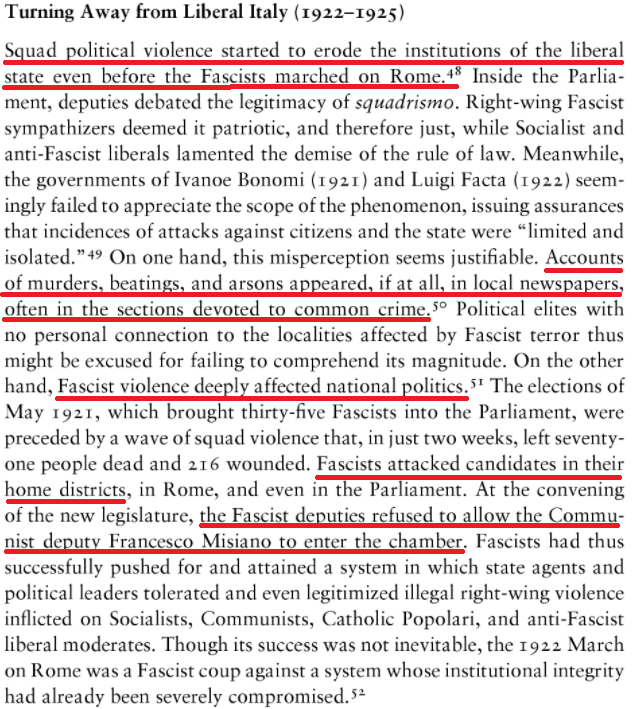
The incredible legacy of an abandoned architectural plan to redesign central Paris:
Proposed by Le Corbusier to engineer social happiness, it would have somewhat altered the appeal of Paris’ architecture.
👇Le Corbusier’s 1925 plan for central Paris 😱 1/3

Proposed by Le Corbusier to engineer social happiness, it would have somewhat altered the appeal of Paris’ architecture.
👇Le Corbusier’s 1925 plan for central Paris 😱 1/3


Le Corbusier’s idea, formalised in a “1 hour of sun” rule, was instead adopted on a massive scale in China!
It led to the design of clustered high-rises, spaced as a function of the city’s latitude, for equal access to sunlight.
(Shanghai buildings as illustration). 2/3



It led to the design of clustered high-rises, spaced as a function of the city’s latitude, for equal access to sunlight.
(Shanghai buildings as illustration). 2/3




A great example, described by Alain Bertaud, that top-down approaches to designing cities often failed: designers poorly anticipated people’s actual preferences.
From his excellent book:
goodreads.com/en/book/show/3…
From his excellent book:
goodreads.com/en/book/show/3…
• • •
Missing some Tweet in this thread? You can try to
force a refresh














